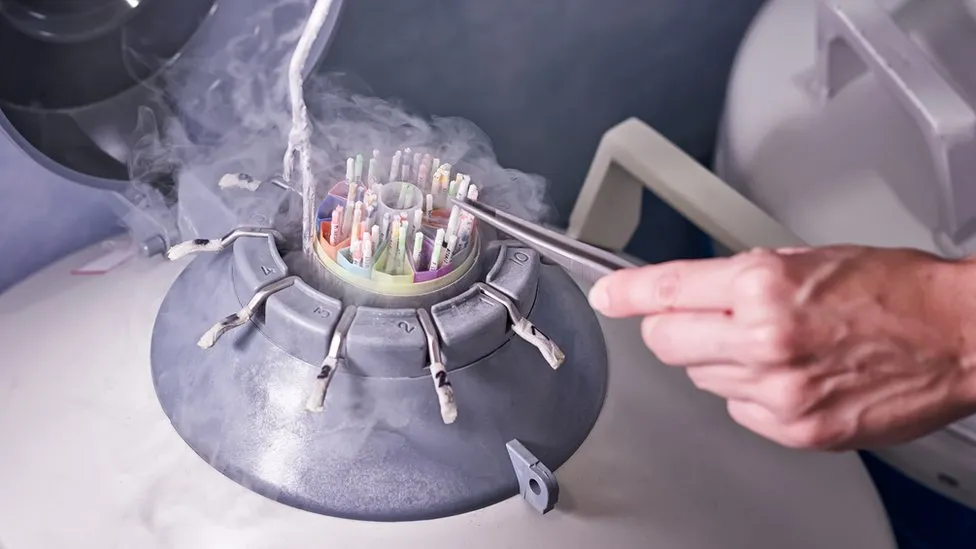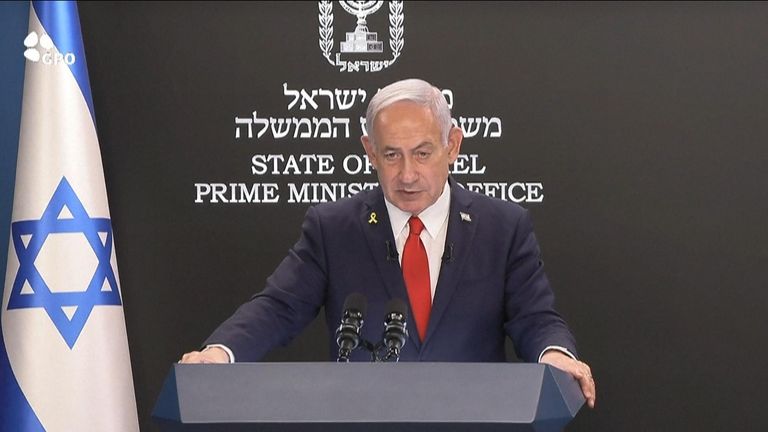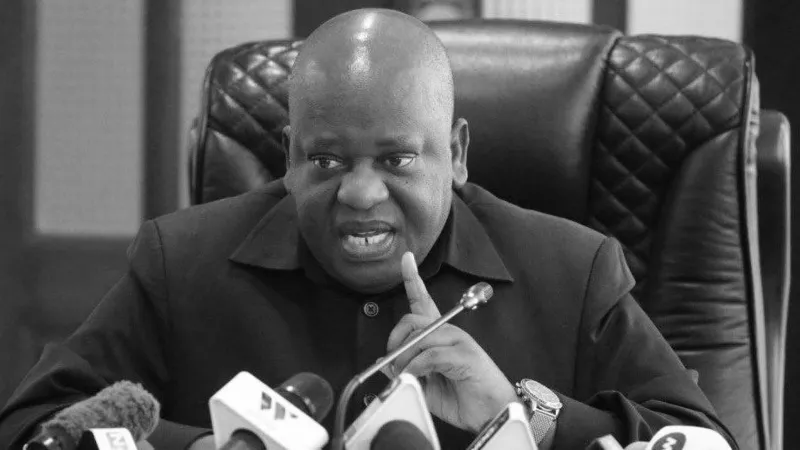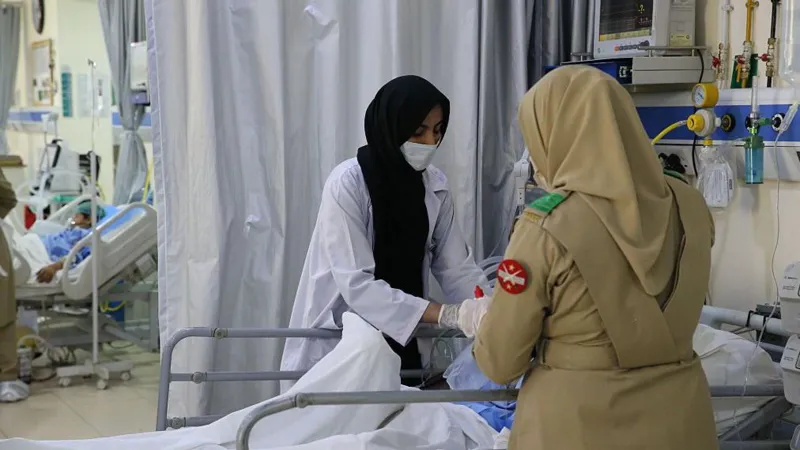Sperm donor who fathered 550 children ordered to stop
A Dutch man suspected of fathering more than 550 children worldwide through sperm donations has been ordered to stop.

The man named Jonathan, aged 41, could be fined more than €100,000 (£88,000) if he tries to donate again.
He was banned from donating to fertility clinics in the Netherlands in 2017 after it emerged he had fathered more than 100 children.
But instead of stopping he carried on donating sperm abroad and online.
A court in The Hague has told him to provide a list of all the clinics he had used and to order them to destroy his sperm.
The man was said to have misled hundreds of women.
Dutch clinical guidelines state that a donor should not father more than 25 children in 12 families.
But judges said the man had helped produce between 550 and 600 children since he began donating sperm in 2007.
He was taken to court by a foundation protecting donor children's rights, and by the mother of one of the children allegedly fathered from his sperm.
"The point is that this kinship network with hundreds of half-brothers and half-sisters is much too large," a spokesman for the court, Gert-Mark Smelt, said.
Over 100 of the children fathered by the man were born in Dutch clinics and others privately, but he also donated to a Danish clinic which dispatched his semen to addresses in various countries.
Judge Thera Hesselink said the court "prohibits the defendant from donating his semen to new prospective parents after the issuing of this judgment".
The man is also not permitted to contact any prospective parents "with the wish that he was willing to donate semen… advertise his services to prospective parents or join any organisation that establishes contact between prospective parents", the judge said.
The donor "deliberately misinformed" prospective parents about the number of children he had already fathered in the past, the district court in The Hague said.
"All these parents are now confronted with the fact that the children in their family are part of a huge kinship network, with hundreds of half-siblings, which they did not choose," it said.
The court said it was "sufficiently plausible" that this has or could have negative psychosocial consequences for the children.
Sperm donors are told to limit the number of times they offer their services, to reduce the chance that siblings might unknowingly form a couple and have children together.
The Netherlands has been hit by fertility scandals in the past.
In 2019, a Dutch fertility doctor accused of using his own sperm to inseminate patients without their consent was confirmed as the father of 49 children.
-bbc







